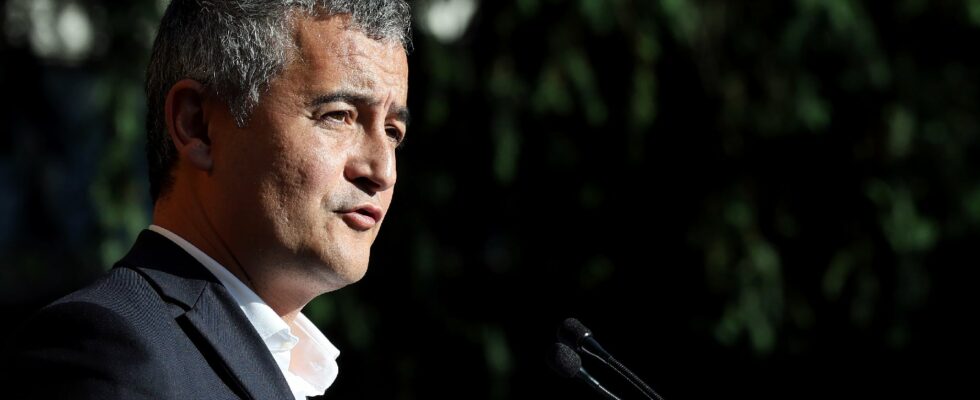These are the kind of statements likely to worry many French workers. In a newspaper interview Les Echos this October 6, Gérald Darmanin nevertheless put the subject on the table: “We can definitively end the 35 hours in the private sector”, proposed the one who was Minister of Action and Public Accounts between 2017 and 2020, rather than to increase taxes. Referring the organization of working hours “to dialogue within the company”, the former Minister of the Interior recommends compensating for an extension of working hours through participation and profit-sharing.
While the debate is not new, one thing is certain: most French workers do not work exactly 35 hours. According to INSEE figures which aggregate full-time and part-time workers, farmers and operators devote more than 50 hours per week to their activity (up to 56.5 hours for those who work part-time full), while employees work 20 hours less on average.
Since the Aubry laws of 1998 and 2000, the law has been adapted several times. Exemptions have notably been introduced, with for example the introduction of overtime hours exempt from certain employee contributions from 2007.
In the public service, a shortfall
The 2025 budget exercise is perilous for the government, which must make 60 billion euros in savings to reduce the public deficit below 5% of GDP. According to Gérald Darmanin, it would be possible to recover around 4 billion euros in revenue by increasing the working hours of public sector employees to 36 or 37 hours per week.
In a November 2023 report, the Court of Auditors pointed out a lack of “respect for working hours in the public service”, and particularly in the territorial civil service. To compensate for this non-compliance, the State is forced to employ additional agents. The Court therefore indicates that “the alignment with the legal duration of the effective annual working time in the territorial civil service could allow, in the long term, a reduction in the workforce of around 3%, if the increase in working time is ‘accompanied by an equivalent reduction in staff numbers’ and a direct saving of around 1.2 billion euros.
Note that in France, the civil service represented 21.9% of the active population (four points more than the average for OECD countries) and 13% of the gross domestic product.
